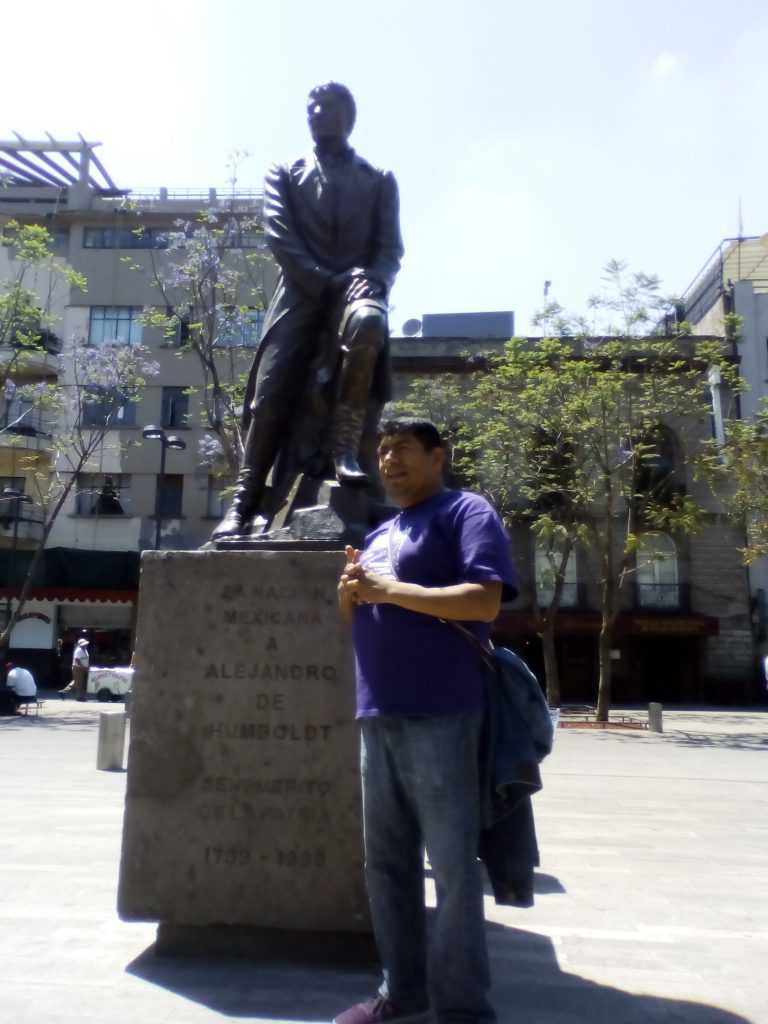ISLAMABAD (AP) — Amid increasing pressure from the international community, Pakistan on Wednesday initiated a much-awaited process of seizing assets and funds belonging to Islamic charities linked to a radical cleric wanted by the U.S., officials said.
It was the first step against Hafiz Saeed since he was freed by Pakistani authorities in November on a court order. He is the founder of the militant Lashkar-e-Taiba group, which was blamed for the 2008 Mumbai attacks that killed 166 people.
His release drew criticism from both Washington and neighboring India at the time.
Pakistan’s Interior Ministry issued a notification on Wednesday requiring authorities to immediately seize the assets of Saeed’s Jamaat-ud-Dawa organization and Falah-e-Insaniat Foundation.
Jamaat-ud-Dawa is believed to be a front for Lashker-e-Taiba. The United States has offered a $10 million reward for his arrest.
Saeed denies involvement in the Mumbai attacks and claims his charities are only under a U.N. watch list.
The move came a day after Pakistan’s Cabinet approved new rules in an effort to tighten the noose around outlawed extremist and militant organizations and seize their financial assets. The step was taken after Pakistan issued an ordinance, amending a decades-old anti-terrorism law, to allow authorities to act against outlawed charities, groups or individuals listed by the U.N. Security Council.
Two government officials said they seized health facilities, schools and ambulances of two Saeed charities and renamed them instead of shutting them down. The officials spoke on condition of anonymity as they were not authorized to speak to media on the record.
Saeed is known for publicly supporting militant groups fighting Indian rule in Kashmir, which is split between Pakistan and India and is claimed by both. Many in the Indian-controlled portion favor independence or a merger with Pakistan and violence has increased in Indian-controlled Kashmir in recent years.










